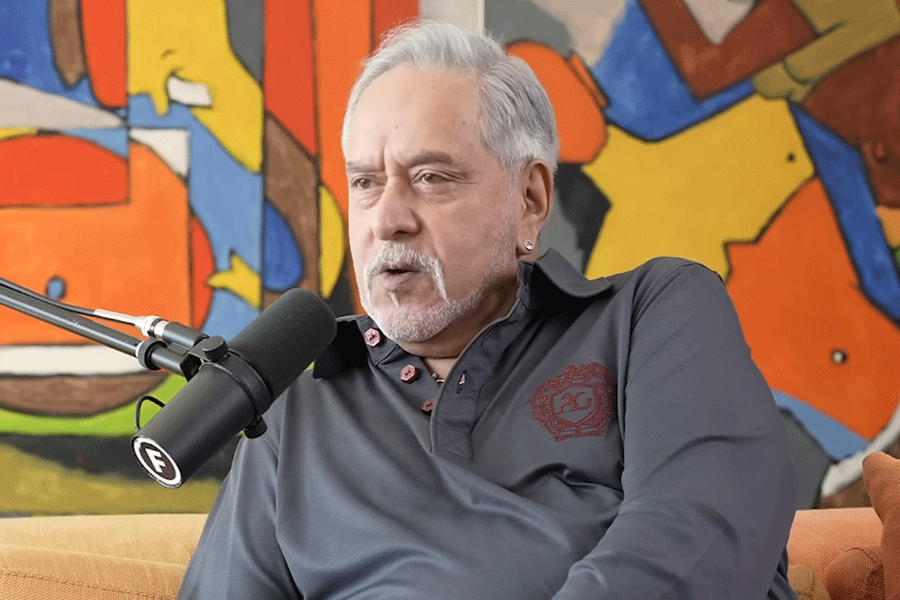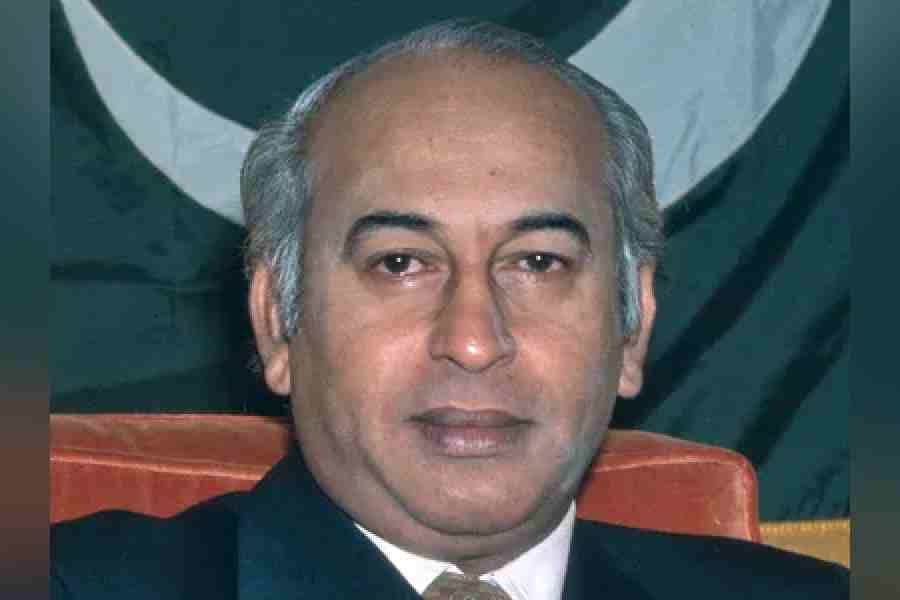 |
| A mother with her autistic child at the Centre for Autism Therapy, Counselling, and Help in Bhubaneswar. Telegraph picture |
Bhubaneswar, Dec. 5: Seventeen-year-old Raja has always been different from other children. As a one-year old kid, he never responded when his mother lovingly called out his name. He avoided eye contact, threw things, lacked facial expressions, had sleep disorder and was not trained in toilet.
Concerned by his “abnormal” symptoms, his mother Reeta Jena, who was based in Bombay then, approached many paediatricians. After conducting a series of tests, she was told that Raja had ‘autism’. She enrolled him in a special school only to find out soon he was not getting proper attention and care.
She then decided to move to her hometown, Bhubaneswar, and set up the Centre for Autism Therapy, Counselling and Help (CATCH), along with three other parents who have autistic children. That was the turning point in Reeta’s and her son’s life.
The centre, one of the very few such organisations in the city that work exclusively for children with autism, was established in 2004. At present, the centre that runs from Jena’s house has 14 children. Here, the children undergo therapy and counselling sessions under the care of professionals. After an assembly session every morning, the teachers give them fun assignments like fixing jigsaw puzzles, identifying colours, shapes, and sizes, simple mathematical problems and forming sentences out of words.
“At that time, I hardly had any idea about autism. Being a homemaker, I used to spend the entire day reading about it in books and internet. I even attended a number of workshops to understand this kind of behaviour,” said Jena.
During this time, she came in touch with the director of Delhi-based Action for Autism, Merry Barua, who promised her help.
“Through them, we get professional trainers, conduct orientation programmes for parents and learn recent therapies to handle children,” she said.
With therapy sessions over a period of time, children have often shown improvement. Since the children prefer to be left alone, the centre conducts individual sessions to help them speak their mind. They are also engaged in group activities in order to mingle with each another. However, the rate of improvement might vary, depending on timely intervention, professional guidance and attitude of parents.
“Some children respond to therapy and are able to adjust in mainstream schools,” said Jena.










